Sir Robert Menzies was, of course, not infallible.
But he was right in his strong belief that while everything should be done to improve the welfare of the Aboriginal people, it would be a serious mistake to endow Canberra with direct power over aboriginal affairs.
Menzies knew in his bones that the result would be the creation of a ‘bureaucratic monstrosity’, something fulfilled not only by Atsic but by the current horrendous mismanagement of Aboriginal affairs roundly condemned by one of the greatest Aboriginal leaders to emerge, Senator Jacinta Nampijinpa Price.
I was reminded of Menzies’s foresight when I was asked about the 1967 Aboriginal referendum by Fred Pawle on the media platform on which Alan Jones now appears, ADHTV. I explained that the present mess was the result of Harold Holt scrapping Menzies’s version of the referendum bill, and rather than being corrected by the Voice, it would be magnified.
I had to make one confession to Fred Pawle.
This was that when I was a neophyte lawyer, I failed to express my concern for the Aboriginal people by frequently chanting a formula about traditional owners or respecting their flag. These, fortunately or unfortunately, did not then exist.
Instead, when I learned that Hal Wootten, later the Honourable Mr Justice Wootten, had established an unfunded Aboriginal Legal Service, I volunteered my time.
As to the 1967 referendum, the Menzies cabinet decided this would be to repeal Section 127, which provided that in reckoning the number of the people of the Commonwealth and the States, ‘aboriginal natives’ (by which they meant ‘full-blooded’ i.e., mainly nomadic aborigines) should not be counted.
This referendum had nothing to do with citizenship, the census, nor the myth that Aborigines were classified as ‘fauna’, claims unfortunately repeated in Ross Walker’s recent interesting biography of Harold Holt. Nor was it about the right to vote, a right that already existed in four states. Indeed, while Aboriginal women could vote in South Australia, white women could not vote in other states.
Section 127 was put there principally because lower house seats were to be allocated among the states in proportion to their population. It was feared some states might exaggerate the size of their essentially nomadic population and thus gain more seats.
So in 1965, the Menzies government introduced a bill for a referendum to repeal this section. Passed by both houses in March 1966 just after Menzies retired, there was a six-month window for the referendum. But Menzies’s successor, Harold Holt, fell under the influence of some Liberals, supported strongly by Labor, that Canberra should become directly involved in running aboriginal affairs.
To achieve this Holt introduced a new bill with not one but two constitutional amendments, the second being the very one the Menzies cabinet had rejected.
This was to amend the power to make laws with respect to ‘the people of any race, other than the aboriginal race in any State, for whom it is deemed necessary to make special laws’. The words ‘other than the aboriginal race in any State’ were to be removed.
Holt’s limp excuse for such a volte-face is as astounding as Mr Turnbull’s recent one on the Voice and is surprisingly similar.
Holt told parliament, ‘The government has been influenced by the popular impression that the words now proposed to be omitted from Section 51(xxvi) are discriminatory – a view which the government believes to be erroneous but which, nevertheless, seems to be deep-rooted.’
In other words, Holt proposed the second constitutional amendment not because he believed this would improve the condition of the Aboriginal people.
It was for the sole reason that it was ‘deeply rooted’, i.e. popular.
While Holt did not agree that the absence of a federal power over aboriginal affairs was discriminatory, he was prepared to take that power which experience indicated would lead to the country losing the advantages of competitive federalism, where we can compare different solutions to a problem rather than assuming, as the elites have trained us to believe, that a uniform approach is best.
Holt also went down this path despite Menzies’ warning that it would result in a bureaucratic monstrosity, which it did and sooner than expected. Menzies was right.
Holt then promised that Canberra would leave much of the administration to the states, a promise which was doomed never to be honoured when he straightaway appointed central banker H.C. ‘Nugget’ Coombs head of the Council of Aboriginal Affairs.
Coombs believed the British settlement lacked legal authority and the continent was still owned by Aborigines. He strongly opposed assimilation and favoured a utopian far-left segregationist agenda based on ‘self-determination’ through the remote communities. Despite a massive injection of taxpayers’ funds, the result is the increasing outrage well described by Senator Price.
In any event, Holt’s 1967 bill was passed unanimously by both houses, so the people were kept unaware of Menzies’s forebodings and few realised the referendum had been switched.
As ‘the most famous journalist of his day’, The Spectator’s Bernard Levin warned, any political proposal which commends itself to both front benches is at best useless and at worst against the public interest. One which appeals to both parties, he added, is likely to be a constitutional outrage, and certainly to be seriously damaging to the people’s liberty and prosperity.
And so it has been since Canberra ran aboriginal affairs.
The Voice will make that disaster even worse by creating an apartheid regime that would astound even Hendrik Verwoerd.
Incidentally, I did warn Fred Pawle that the interview would inevitably lead to my being accused, however incongruously, of being a ‘white supremacist’.
Only recently the Sydney Morning Herald’s gossip columnists, Kishor Napier-Raman and Noel Towell, suggested that not only am I ‘male and stale’, I am also ‘pale’. They have ignored my wonderment at their colour blindness. When the republican site, Independent Australia, used to bait me as a ‘perma-tanned Indonesian-born blow-in’, they abandoned it after I began to use it as an introduction for the odd after-dinner speech.
Got something to add? Join the discussion and comment below.
Get 10 issues for just $10
Subscribe to The Spectator Australia today for the next 10 magazine issues, plus full online access, for just $10.
You might disagree with half of it, but you’ll enjoy reading all of it. Try your first month for free, then just $2 a week for the remainder of your first year.

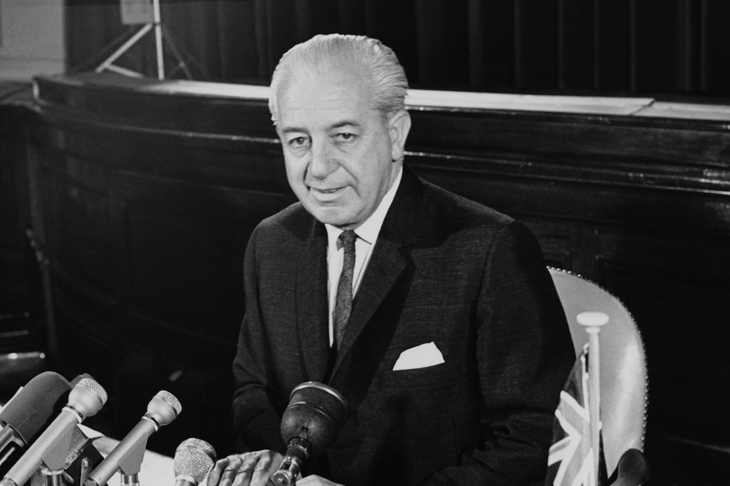
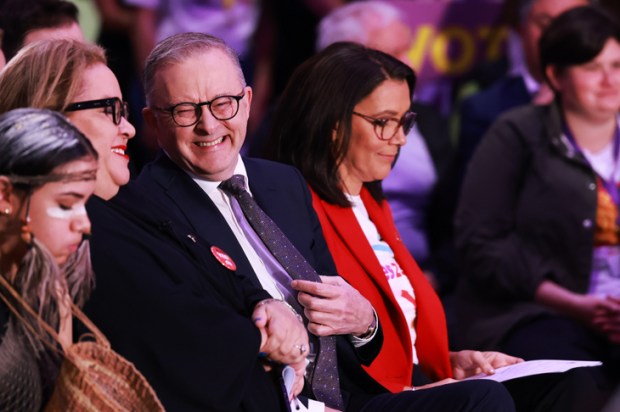
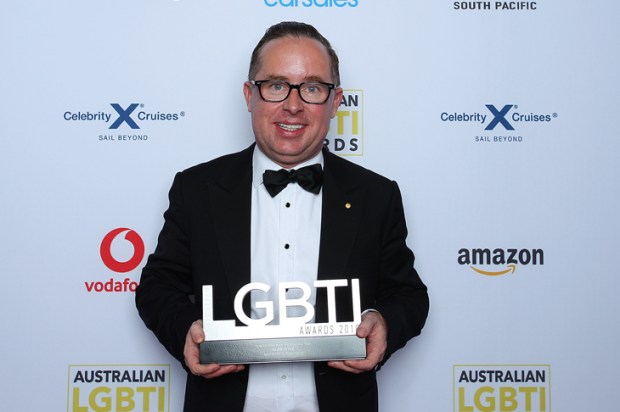
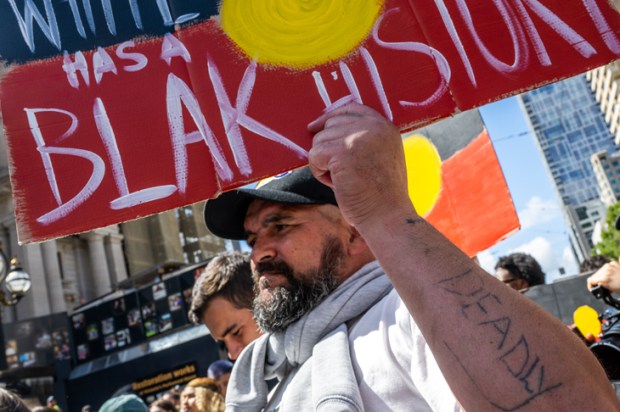
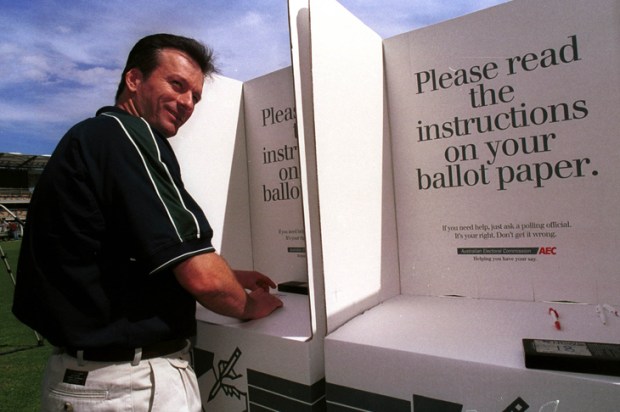
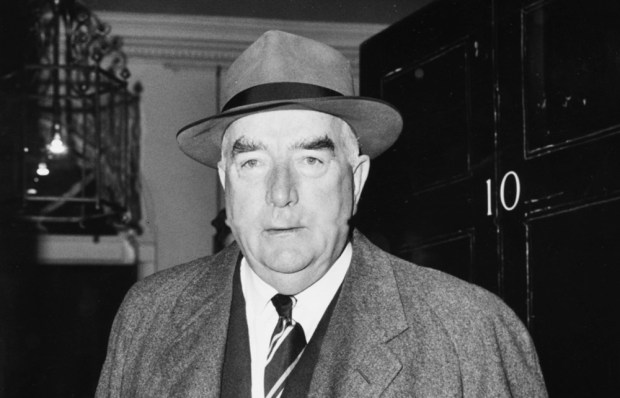
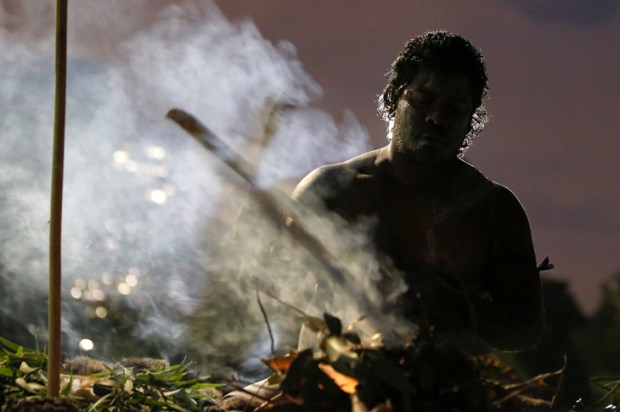






Comments
Don't miss out
Join the conversation with other Spectator Australia readers. Subscribe to leave a comment.
SUBSCRIBEAlready a subscriber? Log in